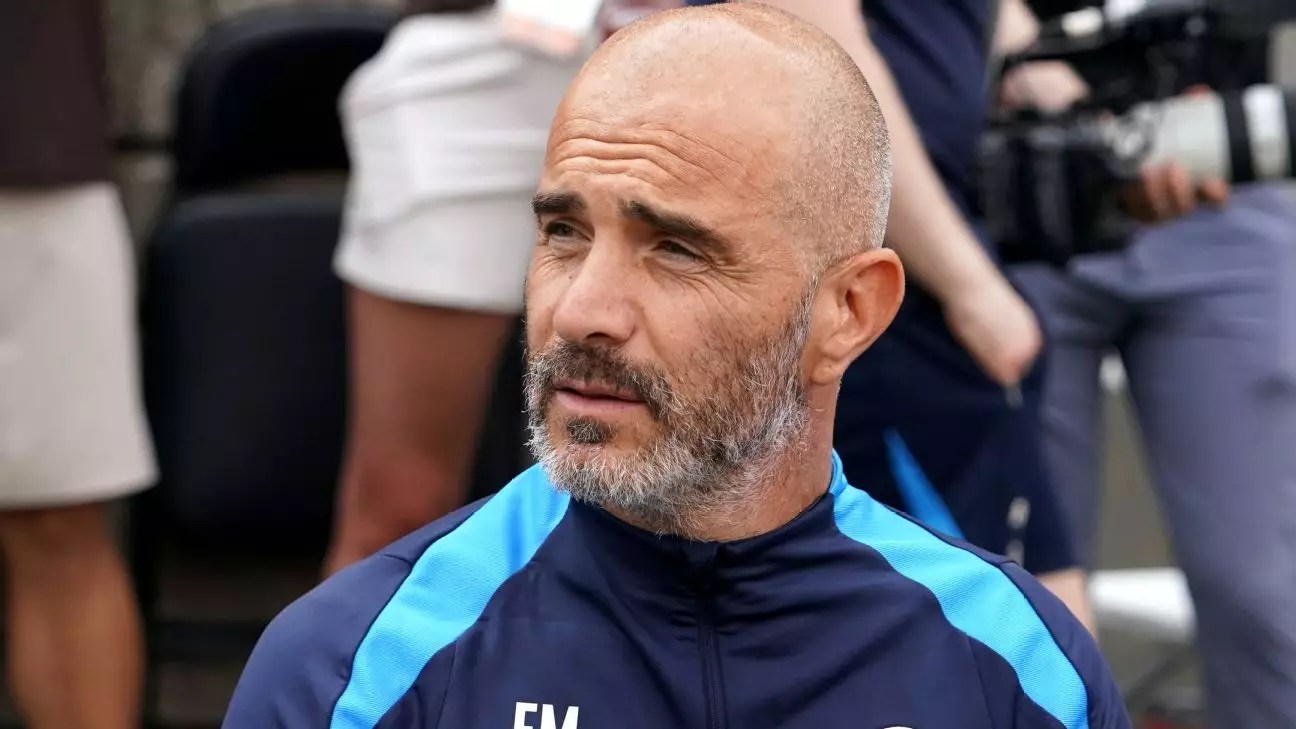In recent discussions within the football community, a pressing concern has emerged: the perilous increase in player workload. Chelsea’s manager, Enzo Maresca, has been outspoken about the lack of safeguards for athletes facing an overwhelming fixture schedule. Maresca argues that players are forced to endure an unsustainable number of games, leading to fatigue and potential injury. This is not merely a Chelsea-centric issue; it resonates across clubs in top leagues globally, where the relentless pursuit of fixtures often supersedes player welfare.
Support for Maresca’s stance has gained traction, particularly following comments from prominent players such as Manchester City’s Rodri. His assertion that players may consider striking over these conditions underscores a growing sense of urgency. The plight of footballers like Rodri, Thibaut Courtois of Real Madrid, and Barcelona’s Jules Koundé indicates a collective frustration within the sport. These players, traditionally seen as invincible, are finally articulating the physical and mental toll that such a grueling schedule exacts. Their outcry not only acknowledges the problem but serves as a vital starting point for dialogue about reforming the calendar.
Maresca’s comments highlight the critical role that club management plays in addressing this issue. By making strategic decisions, such as Chelsea’s recent omissions of Cole Palmer and Wesley Fofana from their UEFA Conference League squad, managers can take proactive steps to safeguard player health. This move is indicative of a broader trend where clubs willingly prioritize player fitness over participation in every possible tournament. As we witness teams begin to adopt more player-centric strategies, a culture of athlete protection is slowly taking root.
While some proposals, such as accepting lower wages for a reduced schedule, may seem radical, they illuminate the need for systemic changes within football. The current structure is rigid and seemingly indifferent to the demands placed on players. A reevaluation of the football calendar to incorporate breaks and lessen the frequency of games could form the basis of a more sustainable future for the sport. It is vital that leagues, clubs, and governing bodies collaborate to create a framework that prioritizes player welfare.
Significant shifts in policy and practice are essential to address the player fatigue crisis. As advocates for change rise within the sport, now is the time to listen and act. The emerging discourse among players, reinforced by managerial insights like those from Maresca, represents an important step toward a more compassionate approach to the demands of professional football. Balancing commercial interests with athlete health is not just necessary; it is imperative for the future of the game, ensuring that it remains not only exciting for fans but also sustainable for the players who drive its success.


Leave a Reply